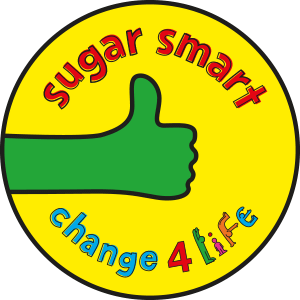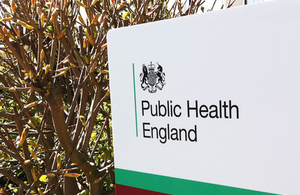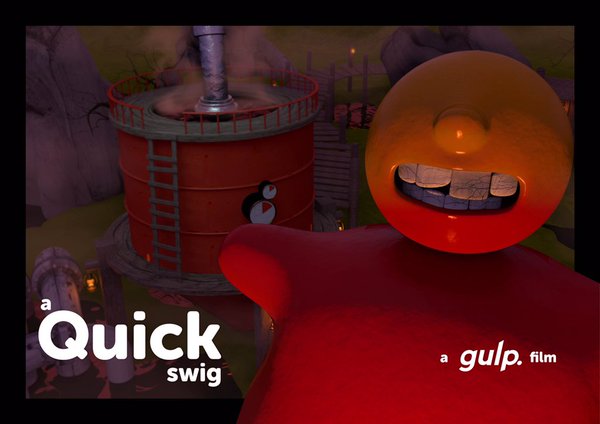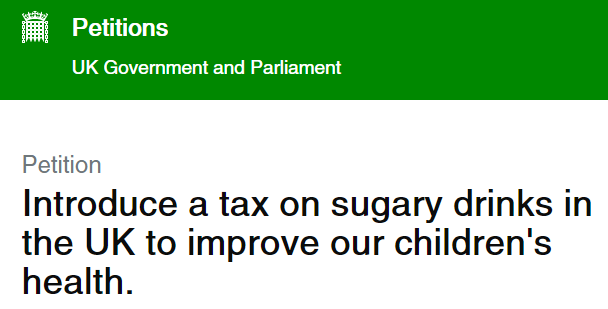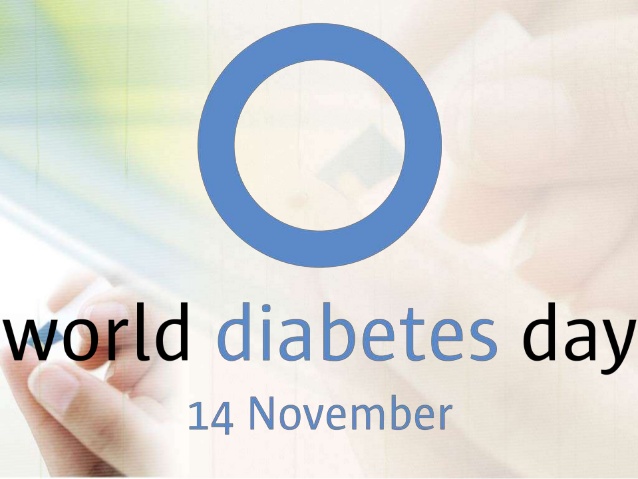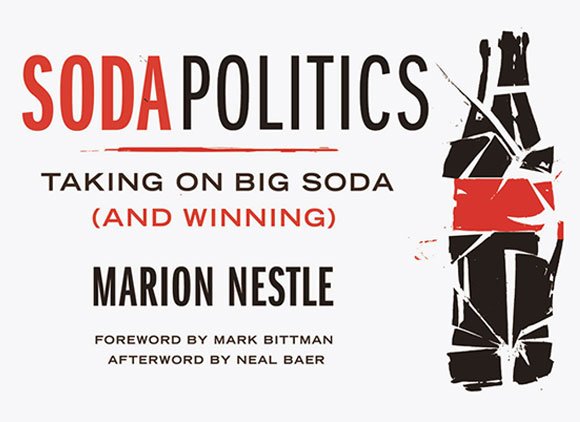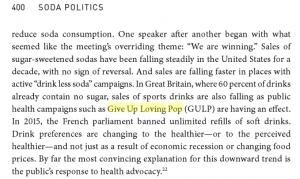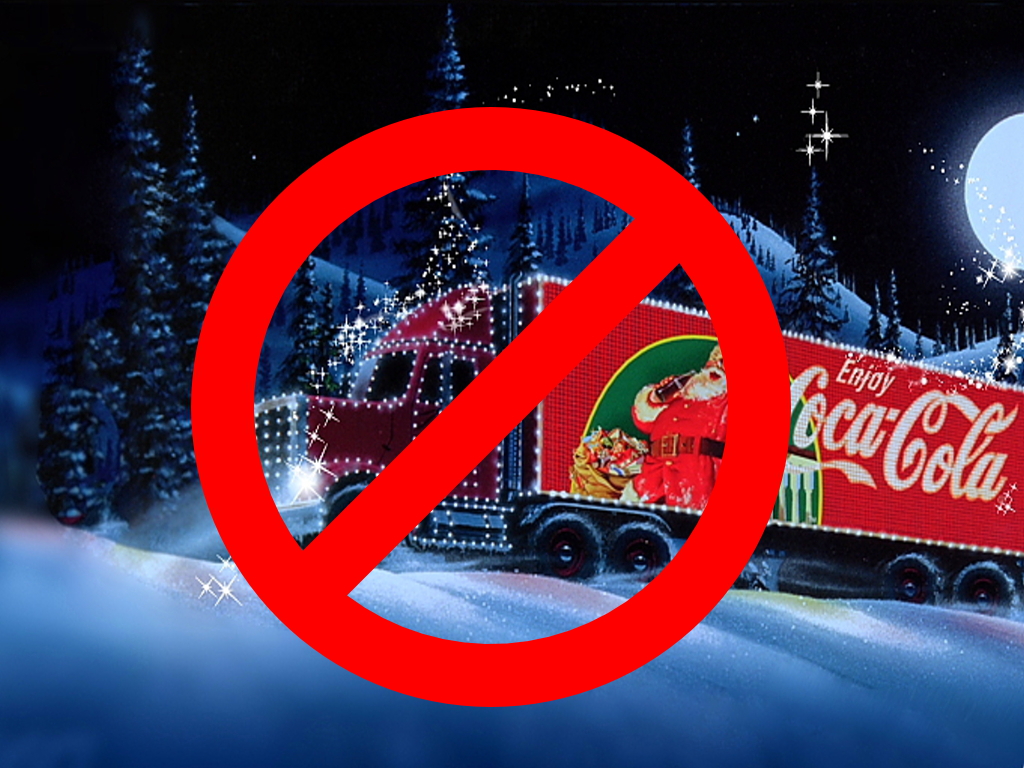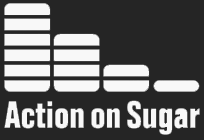
A new study published today in The Lancet Diabetes & Endocrinology shows that reducing free sugars content in sugars content in sugar sweetened drinks (including fruit juices) in the UK by over 40% over five years, without replacing them with any non-nutritive sweeteners, could prevent around 300,000 cases of type 2 diabetes over two decades- with major cost savings to the NHS.
Based on the UK’s salt reduction programme that has seen salt content in many food products successfully reduced by 40% over five years, the authors decided to do a study on the effects of a similar reduction in added free sugars. Using national representative data from the 2008-2012 National Diet and Nutrition Survey rolling programme and British Soft Drinks Association annual reports, the authors calculated sugar sweetened beverage (SSB) consumption level (both with and without fruit juices) and its contribution to free sugars and energy intakes in the UK population.
The calculations showed that a 40% reduction in free sugars added to SSBs over five years would lead to an average reduction in energy intake of 38 kcal per day by the end of the fifth year. This would lead to an average reduction in body weight of 1.20kg in adults, resulting in a reduction in overweight and obese adults by approximately half a million and 1 million respectively. This would in turn prevent between 274,000-309,000 obesity-related type 2 diabetes cases over the next two decades.
If fruit juices were excluded from SSBs, the corresponding reduction in energy intake and body weight would be 31 kcal/day and 0.96kg respectively. This would result in 300,000 fewer cases of overweight people and 800,000 fewer cases of obese individuals, which would in turn prevent around 221,000-250,000 diabetes cases over two decades. The predicted impact was greater in adolescents, young adults and individuals from low income families who consume more SSBs.
Professor Graham MacGregor, Chairman of Action on Sugar, says:
“Our study shows this strategy could have a profound impact on reducing energy intake from SSBs and could therefore lower the risk of obesity and type 2 diabetes in the long term.”
“The Prime Minister can no longer ignore the fact that the current nutrition policies are not working. Action on Sugar has developed a coherent evidence-based strategy which starts with setting of incremental sugar reduction targets for soft drinks and a further 6 actions to follow. These actions require a government-funded but independent nutrition agency, which can set mandatory targets with robust enforcement. In support of this the British Retail Consortium is now calling for regulated sugar, fat and salt reduction targets.”
“The UK food and drink industry could lead the world in preventing obesity and type 2 diabetes.”
Registered Nutritionist Kawther Hashem, Researcher of Action on Sugar, says:
“We have become a nation hooked on the sweet stuff, expecting all our food and drink to taste incredibly sweet, and it is making us overweight and obese. Merely having the option of ‘diet’ or ‘no sugar’ products does not work. Food and drink companies must slowly and gradually reduce the sugar and the sweetness, as they have already done for salt, so we can all get used to far less sugar in our diet.”

